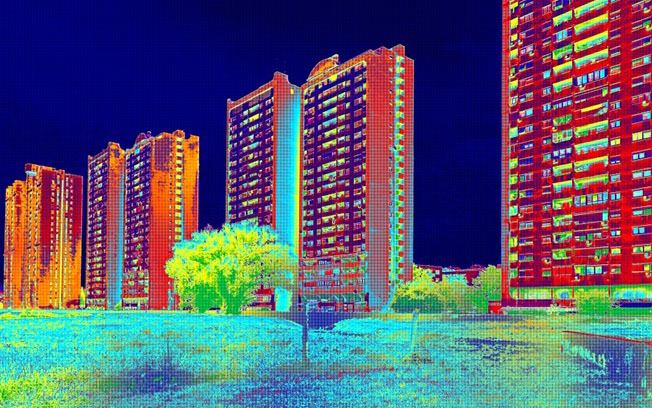RCUK Centre for Energy Epidemiology: The Study of Energy Demand in a Population
Energy Epidemiology is the systematic use of measured data to illuminate the causes of energy use and of changes in energy use.

6 February 2017
Key facts
- Funding Body/Client: EPSRC
- Project Partners: UCL Energy Institute
- Total Project Value: £5,700,000
- UCL/IEDE Project Value Share: £540,000
- Dates (From Year- To Year)
- Duration: 2010-2014
UCL has been awarded one of six Centres of Excellence in End-Use Energy Demand by the Engineering and Physical Sciences Research Council (EPSRC). Principal Investigator Professor Tadj Oreszczyn of UCL Energy Institute has focused the RCUK end-use energy demand centre on an energy epidemiological approach that looks to re-interpret the health sciences research structure in order to found a robust research and analysis framework from which to address the pressing issues surrounding end-use energy demand.
Energy Epidemiology is the systematic use of measured data to illuminate the causes of energy use and of changes in energy use. The approach has a long history in health research, but has not so far been applied, at scale, to the study of energy. Energy Epidemiology has the capacity to transform the UK economy over the coming decades by providing empirical evidence on the impacts of energy policy and of investments in the whole of the UK's energy system – demand and supply.
The Institute for Environmental Design and Engineering leads two research themes: domestic building stock (Professor Mike Davies) and non-domestic building stock studies (Professor Dejan Mumovic jointly with Professor Paul Ruyssevelt of UCL Energy Institute).
- People
PI: Tadj Oreszczyn
Co-I: Professor Michael Davies and Dejan Mumovic
- Output
The RCUK Centre for Energy Epidemiology (CEE) will focus on providing an evidence base for government and industry to support end use energy reduction across buildings and transport, helping to deliver the UK's commitment to reduce greenhouse gas emissions by 80% of 1990 levels by 2050. CEE will provide a Bureau Service for academics, industry, consumer organisations and government and will allow the use of sensitive linked data in the most ethical and cost effective way. The Bureau will provide access to a range of data including anonymised address and vehicle matched data on energy, occupants and systems and will undertake analysis for clients making remote requests for particular data.
- Impact
CEE sees that the pre-requisites for the success of an epidemiological approach to energy research includes funding, developing and training of the next generation of energy scientists, the deliberate creation of environments capable of supporting an interdisciplinary research culture, a concerted effort to improving data collection and access, along with collaborative activities to share methods and insights. The CEE believes that a self-supporting, critical and creative system of science will emerge from the multi-disciplinary approach offered in Energy Epidemiology.
For further information please contact: Michael Davies
 Close
Close

